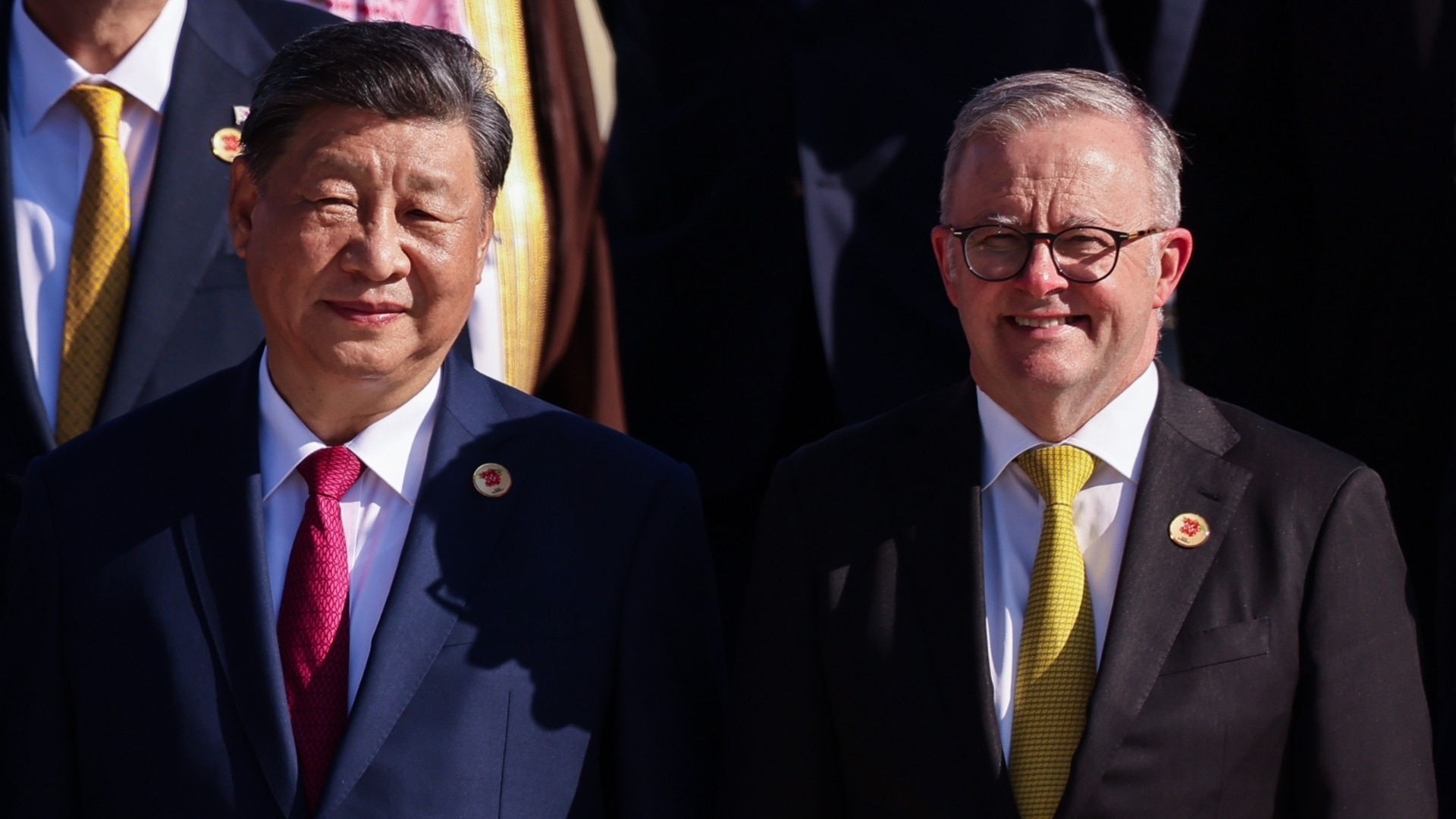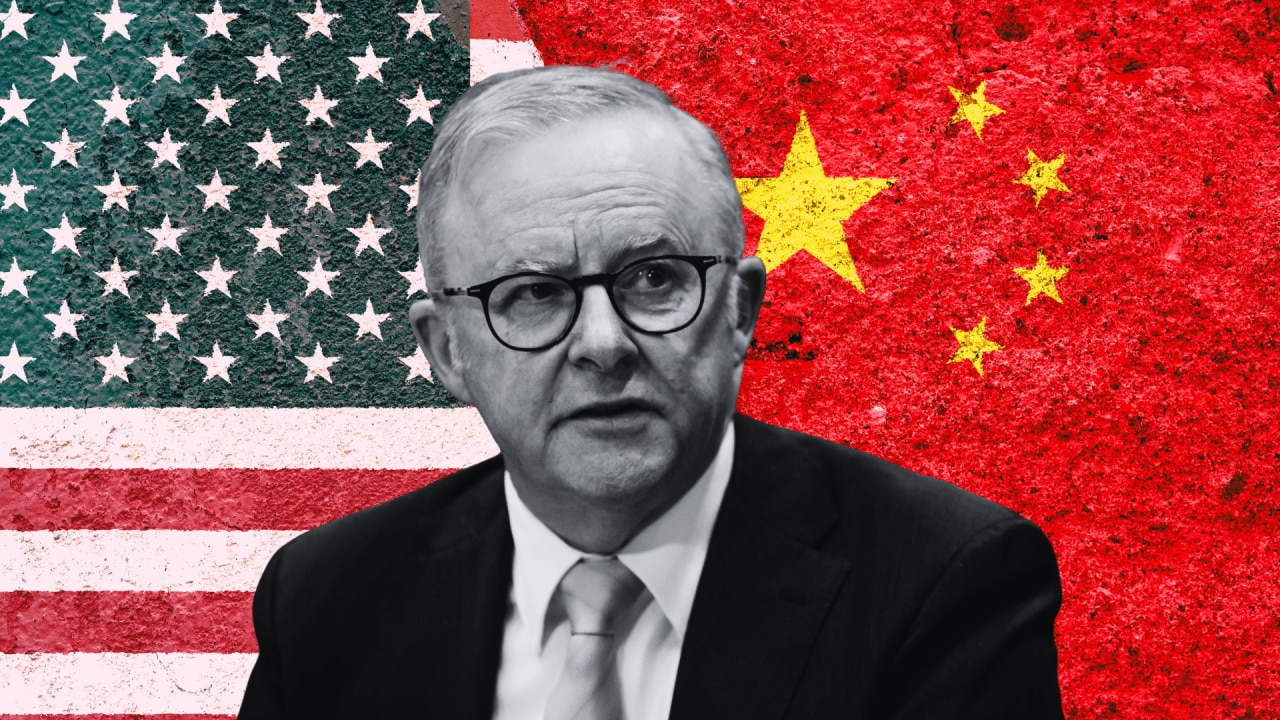The trip began with US defence official Elbridge Colby saying that a condition of the AUKUS pact should be that Australia agrees to join the US in any China Taiwan conflict.
The Financial Times reported Mr Colby pressed both Australia and Japan to say what role they would play if the US and China went to war over Taiwan.
The Albanese government has disregarded these kinds of statements, figuring Mr Colby has about as much status as Australia’s Assistant Defence Minister Peter Khalil.
Sources indicate that while Australia needs the United States for defence security, the US also needs Australia.
Attorney-General Michelle Rowland told Sky News Sunday Agenda that the government would not be drawn into speculative scenarios or abandon its current defence posture.
“Well, again, I’m not going to engage in hypotheticals, and we do not support a unilateral change in the current relationship,” Ms Rowland said.
She also pointed to Australia’s growing defence commitments.
“What I will note in going to a related issue about defence spending (is) that we recognise the US has called for this of a number of its allies,” she said.
“I would point out that we are spending some $10 billion over the forwards and nearly $60 billion over the next decade on defence spending.
“We will act always in the national interests, and we will ensure that our capabilities are up to scratch.”
However, shadow defence minister Angus Taylor told Sky News that the government should align with the US on its Taiwan position.
“We have a commitment, as does the United States to the status quo in and around Taiwan,” Mr Taylor said on Friday.
“That means peace in the Taiwan Strait. That means a secure Taiwan.”
While critics accused the prime minister of engaging in soft diplomacy and indulging in nostalgia during his China visit, Mr Albanese has insisted the trip was a success.

In a statement concluding his diplomatic visit, Mr Albanese said the trip “marks another important step in the Australia-China relationship”.
“A stable and constructive relationship with China is in Australia’s national interest,” he said on Friday.
“We will cooperate where we can, disagree where we must and engage in our national interest.”
The prime minister said he had made Australia’s position on regional security “very clear” to the Chinese leadership.
He raised concerns over Chinese military activity near Australia, particularly naval operations in international waters that coincided with Operation Talisman Sabre.
However, he avoided clashing with Chinese President Xi Jinping over the Darwin Port, China’s support for Russia or military drills near Australian waters.
“President Xi Jinping said that China engaged in exercises just as Australia engages in exercises,” Mr Albanese said.
“I said what I said at the time … but that we were concerned about the notice and the ways that it happened, including the live-fire exercises.”
In response, President Xi reportedly defended China’s actions, saying Beijing had the right to conduct its own military drills.
The opposition has attacked Mr Albanese’s trip to China, characterising it as bloated and lacking hard outcomes.
Shadow finance minister James Paterson told Sky News the visit was “starting to look a little bit indulgent”.
“I do wonder whether… a visit to Chengdu to pose with some pandas… is strictly necessary as part of a six-day visit to China,” he said.
“There is so much else at stake in our other international relationships.”
Former Home Affairs Secretary Mike Pezzullo echoed the criticism, suggesting the prime minister should have tried to meet with the US instead.
“I wouldn’t have done the six days with the pandas and all the rest of it,” Mr Pezzullo told Sky News on Satruday.
“I would have had a shorter, sharper visit. The engagement with the President is important… but the rest of it was optional.”
He also said he would have encouraged the prime minister to have “blunt” discussions behind closed doors about Taiwan, stressing that any conflict would drag Australia in and have devastating consequences.

